Letter to the Editor: An invite to our new President to sit with us
Responding to the Rice Thresher reporter Bonnie Zhao reporting on the relocation of the WMR statue on January 25, 2022 “Rice to move Founder’s Memorial within Academic Quadrangle”
Responding to the Rice Thresher reporter Bonnie Zhao reporting on the relocation of the WMR statue on January 25, 2022 “Rice to move Founder’s Memorial within Academic Quadrangle”
After reading the Thresher Editorial Board’s “Alumni: If the statue news upset you, think about why” from Feb. 1, 2022, I came to the realization that the discussion of Rice’s history and the history of its benefactors should by no means end there.
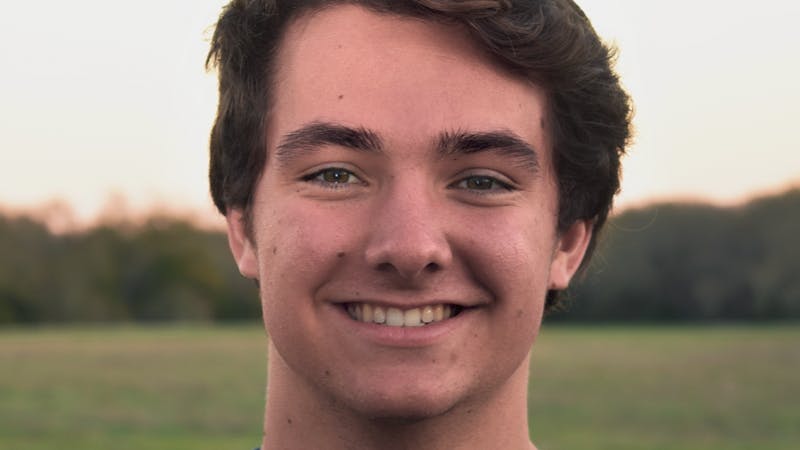
A successful organization is far more than just a sum of its parts. As a leading institution, Rice likes to prides itself on its diverse and integrated community. Keeping with Rice’s future-paving spirit, faculty, staff and students all ought to be compensated sensibly. Rice University’s recent minimum wage hike is a step in the right direction for some employees, but falls short in securing reasonable pay for student workers.
Last Monday, we received word that our beloved advisor, Kelley Lash, had passed away. In what was a busy week filled with Student Association election coverage, grappling with indescribable grief then didn’t feel possible. We decided to carry on with our coverage and endorsements as planned — we believed Kelley would have been disappointed if we hadn’t — but we feel ready now to express just how much she meant, and still means, to all of us.
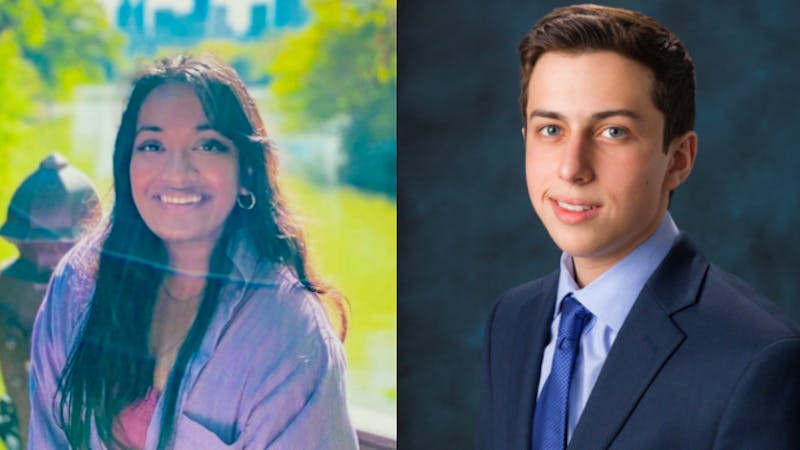
During this primary election season, we are undoubtedly aware of the high profile candidates running for office. However, there are countless more local and statewide races that are going to appear on our ballots — all of them crucial elected positions that will form the ballot we will vote on in November. Each time we vote, we shape the policies, ideas and experiences that are brought to the table for our city, county and state. These candidates are the people who will directly determine what life looks like for Rice University and the Houstonians surrounding us — in terms of criminal justice, voter suppression and civil rights. Early voting in the primaries has already begun, and will last till Feb. 25 (this Friday), and the closest polling location is located in the first floor of the John P. McGovern building in the Med Center. March 1, this upcoming Tuesday, will be the general election day and polling will be held in the Grand Hall of the RMC — making voting as easy as stopping by the RMC with your driver’s license, personal state-issued ID or passport in hand.
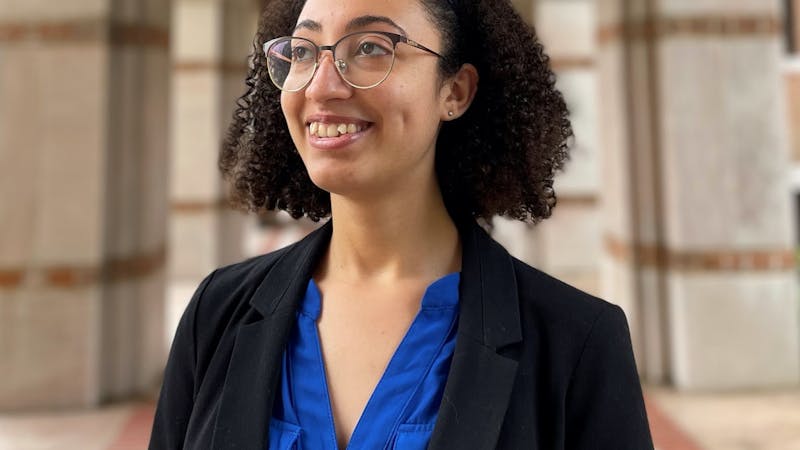
This year, two candidates with distinctly different approaches and areas of expertise are vying for the Student Association presidency. We, the Thresher Editorial Board, endorse Gabrielle Franklin for Student Association President because of her stances on accountability and fostering an inclusive environment for underrepresented students as well as actionable plans to do so.

Based on her abundance of concrete ideas and willingness to learn about the SA, we, the Thresher Editorial Board, believe Crystal Unegbu to be the better candidate for Student Association internal vice president.
On January 21, 2022, the swimming news organization SwimSwam published an article including remarks by the Rice University women’s swimming coach, Seth Huston. Huston stated that trans swimmer Lia Thomas and other trans athletes should “compete as what [they] were biologically born until we get to a point where we’ve expanded opportunities.” He defined expanding opportunities as potentially “creating a third division, a transgender division, or whatever.” He further stated he thought it was “wrong” of the College Swimming Coaches Association of America to “suggest Lia compete at NCAAs” in reference to their support of Lia Thomas competing at the Women’s NCAA Championships in March. We urge that Huston retract his statement, we urge Rice to take this opportunity to change internal processes that harm trans students, and we urge readers to bring the facts about trans women athletes to the conversation when others espouse similar sentiments.
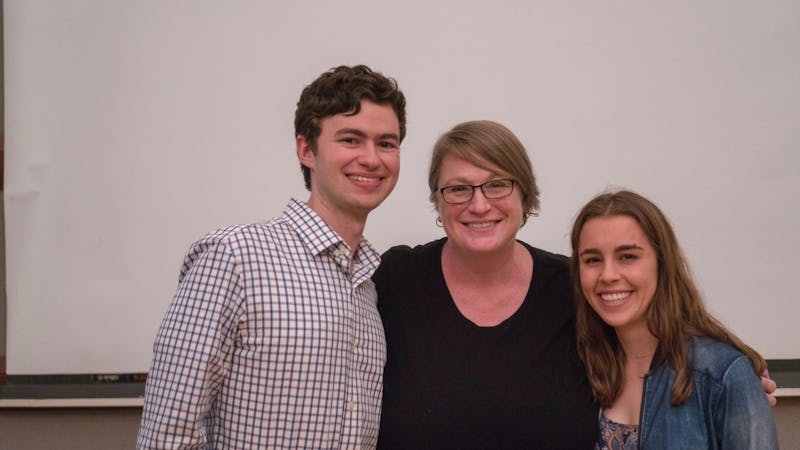
Many people see student media and think the students are running the show – the reality is, none of it would have been possible without Kelley. Kelley remembered things that other people didn’t. She was never afraid to tell it exactly how it is, to both students and administrators alike. Kelley would deliver a blisteringly honest critique with a smile and some freshly baked cupcakes, because she cared so, so, so much. And she never stopped caring, even as students graduated and budgets got squeezed and years passed. It’s incredible to see the number of people she impacted. I will miss her dearly.

While I wasn’t able to attend the Senate meeting on Feb. 7, I read the minutes of the meeting and am severely disappointed in the Student Association’s response to the comments of Rice Swim coach Seth Huston on the “controversy” surrounding transgender athletes. I’m attempting to share my perspective on the situation as a trans student and former athlete/coach. The University must actively denounce transphobia and other forms of bigotry in the future if it wishes to uphold a value of equity on its campus.
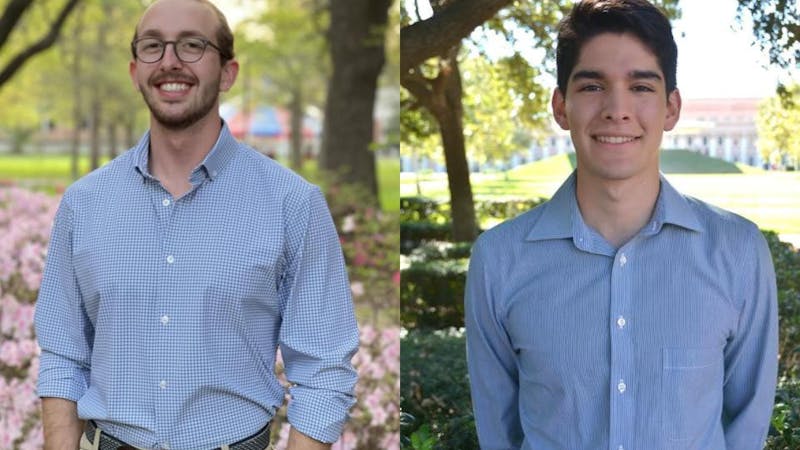
The other day I (Rutherford) broke Rice’s rules — at least that’s what the security guard in the golf cart told me. Growing up as an avid runner near another small, private university in Texas, I, like much of my community, ran frequently on the university track. Hoping to maintain my fitness in college, I jogged to the on-campus Rice track early one morning through the open gates, and after barely finishing two laps was stopped by security. “You can’t run here,” he said. “The track is for Rice athletes only, and the gate should’ve been locked.” Why it’s a problem for a Rice student to run a few minutes on the empty Rice track, I don’t know. But rules are rules, and I politely exited the track to make way for the non-existent athletic practice.
After last year’s Student Association election saw less than a fourth of the student body turnout to vote, we penned an editorial calling on students to engage further with the SA and its elections. As we approach another election — voting opens next Wednesday — we feel it necessary to reiterate our call. For anyone who has tried to raise student awareness of an issue, aired a grievance against the administration or tried to spur change on campus, now is the time to cast your ballot for who you want to represent the student body and fight for the issues that matter to you.
Last week, the Texas A&M University President M. Katherine Banks gave The Battalion — A&M’s student newspaper — a 24-hour notice that they would have to stop printing despite being self-funded by advertisements, ahead of the paper being rolled into the university’s new journalism department. The administration made these calls without any consultation or even warning to the students or their faculty advisor, informing them that if they chose to remain a student organization, they would potentially lose their office and faculty advisor.

“You need to make your hair bigger” were the director’s words I overheard upon logging into one of my Zoom rehearsals for the department of visual and dramatic arts’ “New Voices” – a collection of scenes from a variety of shows, performed on Zoom in the middle of the pandemic. The sentence wasn’t spoken to me, but I felt discomfort upon hearing them during this dress rehearsal and at some later rehearsals. One of my peers was playing a Jewish character in a different scene; the student was not ethnically Jewish (and many Jewish people aren’t), but the character is explicitly written as Jewish going back for “generations and generations.” As a result, the director asked this student to alter her appearance to fit the Jewish part.

As student director of the Peer Career Advisor program with the Center for Career Development, I am passionate about ensuring everyone feels equipped along their career journey. Advising students has made me keenly aware of the anxiety and disappointment stemming from the COVID economy; it has also given perspective on common misconceptions about career exploration and campus resources, one of which is the idea that because a student meets with the CCD, they will automatically get an offer for their dream job. Although offices across campus exist to support students, it is ultimately up to students to take ownership of their own careers.
It has finally happened. After 18 months of protests, Facebook arguments and countless feedback forms, the Rice University Board of Trustees announced last Tuesday that the statue of William Marsh Rice would be relocated to a less central location within the Academic Quadrangle. The decision, viewed as a compromise by nearly everyone, understandably received mixed reviews, including from Rice community members who have long since graduated: President David Leebron said that while some alumni responses were “very angry,” others called the decision “thoughtful.”
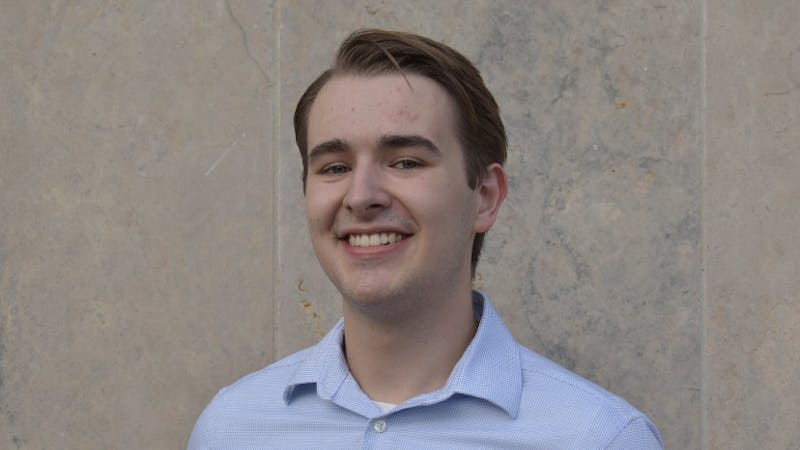
In September 2019, nearly 100 students stormed the field at Rice Stadium during the halftime show for a football game against Baylor University. Wielding pride flags, volunteers led by our iconic Marching Owl Band protested Baylor’s refusal to recognize Gamma Alpha Upsilon, the then-unofficial LGBTQ student alliance at Baylor.
In August 2021, the Office of the Provost announced instructors could now opt out of showing their course evaluations to students amid the change to remote learning. Regardless of circumstances, the option of hiding evaluations is detrimental to students searching to understand the potential difficulties of future courses.

As is the case with most aspects of our reality, professionalism and academia have been defined by whiteness to a degree that is obvious in their customs, codifications and subtleties. Whiteness is often defined as a latent, systemic ideology in which the customs of the white majority are normalized to a degree that alienates others, sometimes unbeknownst to the white people benefiting from it. Over time, white majorities have established a monopoly on communication, prioritizing their culture-specific vernaculars and language structure, thus creating norms of communication. Through the expansion of this construct, marginalized communities have been actively excluded from academic and professional spaces institutionalized by whiteness.
Last Monday, Rice announced that a live video feed of the Academic Quad was available online. Two days later, in response to students raising concerns, Rice announced on Twitter that the camera would be disabled during Baker 13 runs. The next day, at nearly 11 p.m., three days after the initial announcement, Rice again took to Twitter to say that the camera would be disabled as the university reviews student concerns.